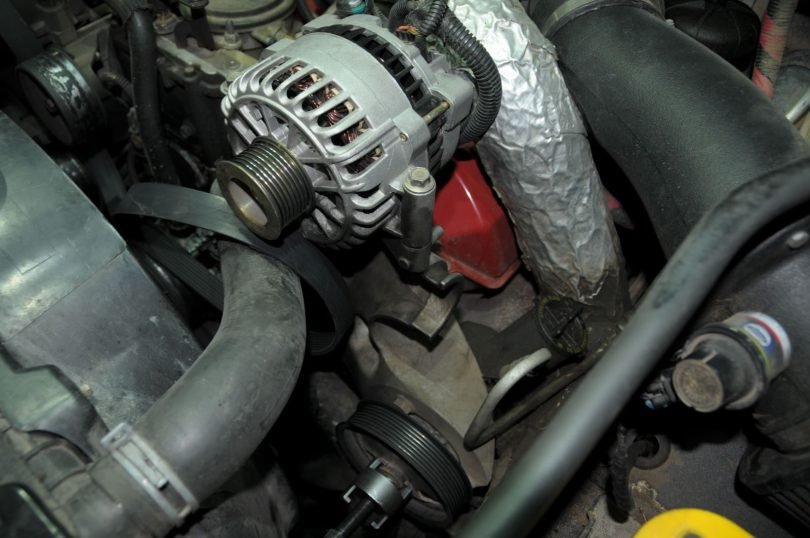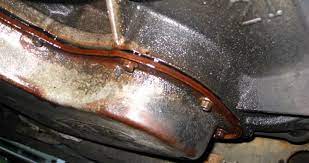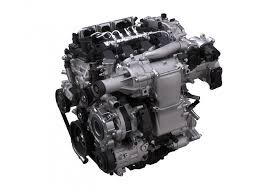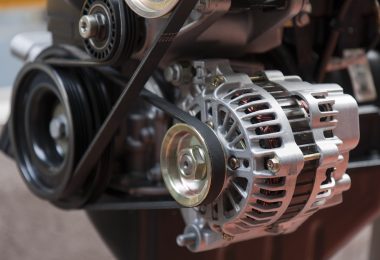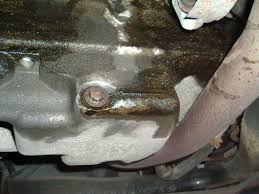Top sings of power steering failure are things you check out as a Driver. Among the important and crucial parts of a vehicle, is steering which controls the wheel to any direction. Your car’s steering system is one of its most essential components. Without it, cars can only drive in a straight line. With that in mind, a problem with your steering system hinders your car’s performance, and puts your personal safety at risk and also your health. Just imagine what would happen when you need to make a turn or change lane and then have your steering suddenly become hard to turn the results could be catastrophic. This is to show how important it is that your steering wheels always stay in good condition, to give you proper control over the car.
- Low Power Steering Fluid
The most common reason for a stiff steering wheel is a lack of power steering fluid. This is a pressurized hydraulic liquid that presses on the piston and makes the wheels in a modern vehicle far easier to turn. It’s part of the “power steering” system that is ubiquitous in the modern automobile.
Though one way to fix the problem of low-fluid levels is to simply refill it, it’s wise to also look for the root cause to prevent this issue from happening again, possibly very soon. Likely reasons for low fluid are a loose or cracked pressurized hose, which causes the liquid to leak out.
Reead Mor : 12 Tips to Care for Your Car For Long Lasting
- Failing Power Steering Pump
The power steering pump provides the optimum level of pressure that allows you to smoothly turn the steering wheel. If there’s a problem with this pump, the steering wheel will be much more difficult to turn, especially at low speeds Often times, a problem with your steering pump yields a whining noise when you turn your steering wheel. Have the pump checked out by a certified mechanic once you encounter these symptoms.
3. Defective Steering Rack
Your car’s steering rack is exposed to extreme temperatures and road debris. Repeated hits can damage internal bushings and cause the system to spring a leak. Dirt may soon enter into the leak, allowing abrasive grit to damage the gears. If your steering wheel is only stiff when you start the car but gets better with continued driving, the steering rack may already be leaking. Note that the steering rack is attached to the wheel through some sets of U-joints and shafts. These areas are the steering racks which wear out and get damaged as a result of every day driving. To know that your steering rack is bad, the steering wheel gets stiff after starting the car.
What happen is that as you keep driving the car, the steering rack gets hotter and the lubricant settles in more, thereby making the steering wheel move freely when you continue to drive.
Read more : Tips on How to Maintain Your Automobile
- Power Steering Fluid is Running Low
A low power steering fluid level is the most common cause of a stiff wheel. Power steering fluid flows in a closed system, so if there’s too little fluid, the system may have sprung a leak. Refilling the fluid in the power steering reservoir will fix the problem temporarily, but the leak must be addressed.
- Broken Serpentine Belt
A loose or broken serpentine belt could render the power steering system useless. If the problem is in the belt, the alternator and air conditioner may also stop working. Replacing the belt along with the related pulleys will solve this problem. A broken or cracked serpentine belt is also a common cause of a steering wheel that’s hard to turn. The belt is used continuously whenever your car is in motion. So with time, it wears out quickly and then become loose. This is the beginning of a stiff steering wheel. Failure to replace the belt soon will lead to a breakage altogether. And when it breaks, the steering wheel would not move again. Replacing it soon will be the best option to avoid the ugly experience.
- Leaky Fluid
Not having sufficient power steering fluid in your system is another reason for your steering wheel becoming hard to turn. This usually happens if the pressurized hose area is where the leaky fluid is coming from. The hose cracks or becomes loose sometimes, leading to a fluid leakage. The power steering fluid is used to lubricate the pump and pressurize the system. So, if the fluid is not sufficient to do its job, the steering wheel will be stiff.
- Thick Fluid
Over time, the power steering fluid could become thicker. If you don’t make a practice of changing the fluid regularly, the fluid won’t be able to lubricate the system because of its thickness. This will make the steering to become stiffer while you try to make a turn at low speed. It then becomes necessary that you drain out the thick old fluid and have it replaced with a new fluid.
Read more: How to find out the fault of your Fuel pump
- Pump Malfunction
The pump also plays a major role, along with the fluid. It creates the right volume of pressure in the steering system. In the event of the pump getting damaged or unable to perform its job, the steering wheel will be difficult to turn. Not that the damaged pump will completely stall the engine. You will have to exert more effort to turn the wheel while making a turn.

